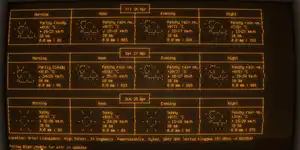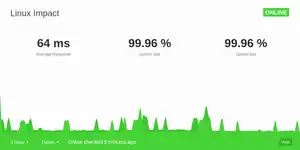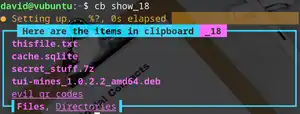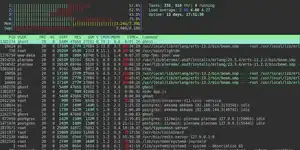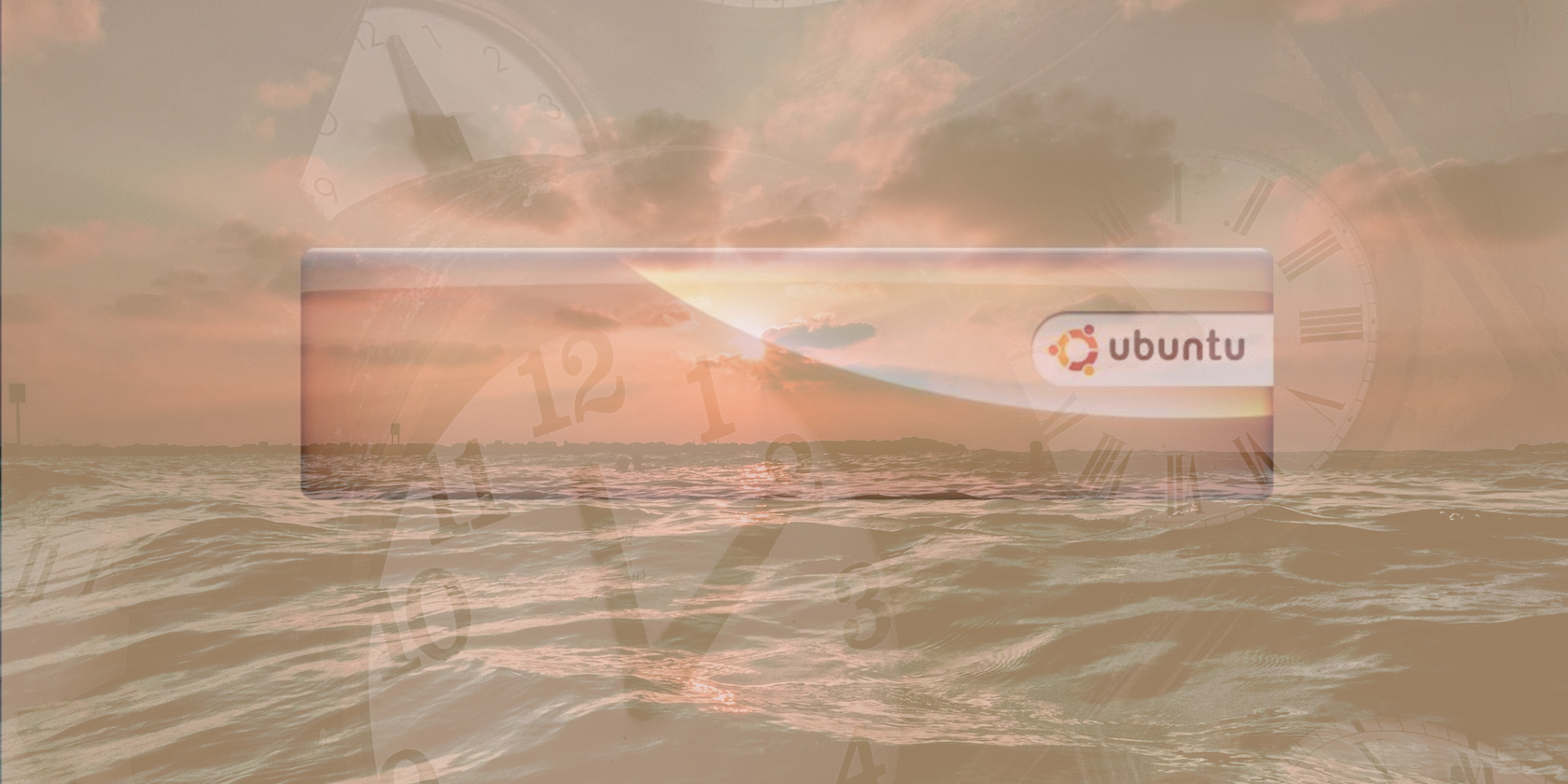
Sail through Ubuntu history with DistroSea
Everyone remembers their first experience with Linux. For some, it was a revelation, and a lifting of proprietary scales
For others it was a confusing installation procedure, followed by bafflement as nothing was where it should be and it "didn't look like Windows".
For most people (by which we mean current Linux enthusiasts and users), that first experience was Ubuntu - thanks to its eye-catching design work, and its adherence to the AOL model of CD distribution. This author hasn't had an optical drive in half a decade but still possesses a stack of shiny Ubuntu coasters.
Hard-headed tech nerds shouldn't get nostalgia, but we do, and it's often tempting to polish off the old bicycle and take a meandering trip down Memory Lane to revisit earlier incarnations of operating systems* we once knew, loved, and lauded as the greatest thing ever.
But the official Ubuntu website only has downloads for version 20.04.06 onward, and while their old releases subdomain stocks ISO images all the way back to 4.10 (Warty Warthog), downloads are slow, and it's a chore to set up an entire virtual machine just because you get teary-eyed for the biscuit-coloured wallpaper.
Sail the high (Distro)Seas
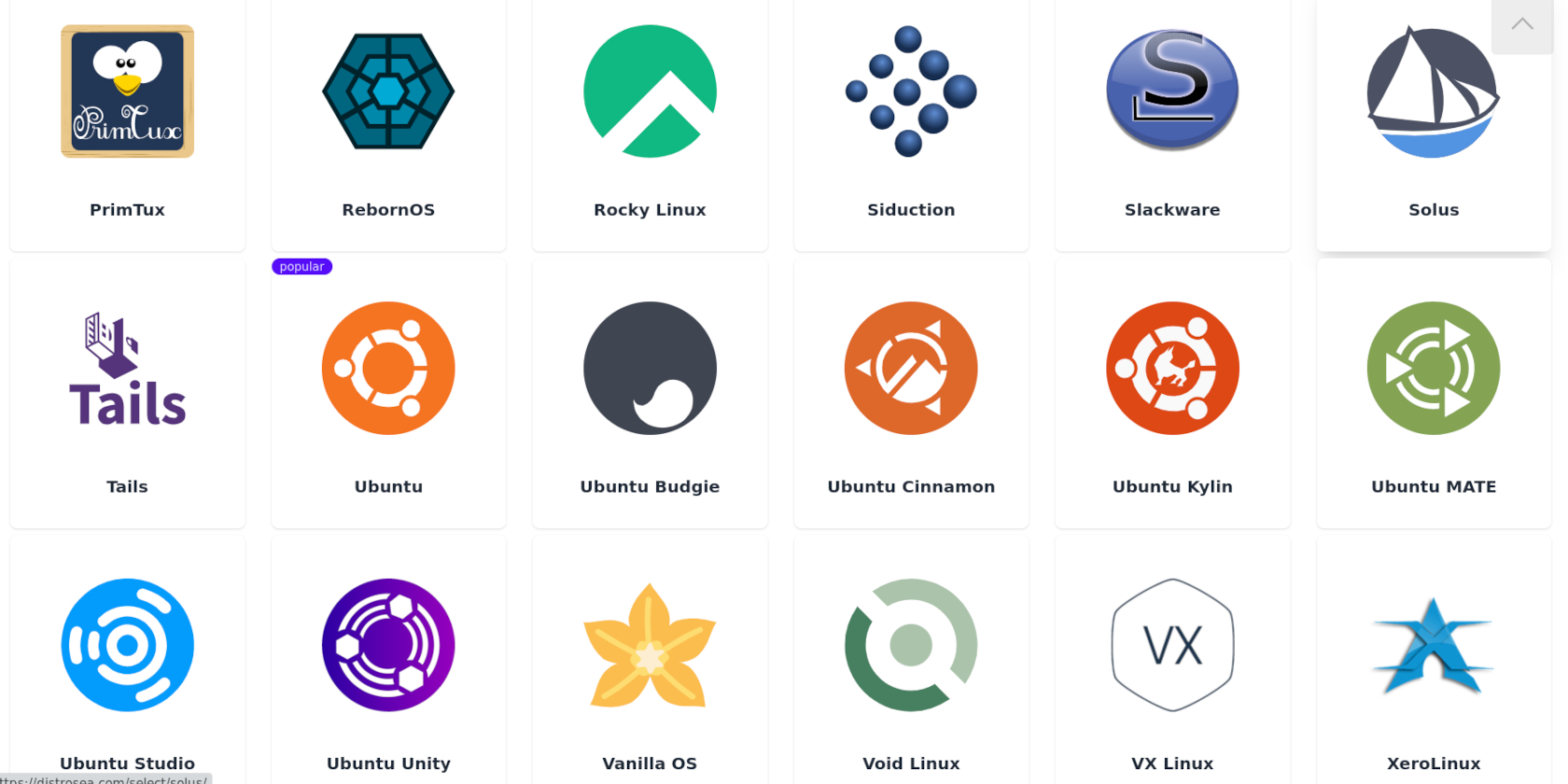
DistroSea came online in May 2023, and to date, offers 50 Linux distros and with a total of over 400 versions to play with in your browser. It's a cool tool you can use to get an idea of the look and feel of a distro before you go through the trouble of downloading and installing an ISO - although we wouldn't recommend using one of Distrosea's VMs as your daily driver.
Don't get too excited just yet. If you're looking for rarities, you'll be disappointed. You won't find HJ Lu's seminal distro (appropriately called Distro) being spun up on a virtual 5.25" floppy drive, nor 1992's GUI-tastic MCC Interim Linux. Even the Debian images only go back as far as Debian 10 (Buster).
If you're a fan of antique Ubuntu desktops and can't wait to get your hands on some ancient simulated tech, you'll find that DistroSea has every release of Ubuntu, as well as the Xubuntu, Lubuntu, Kubuntu, Budgie, Kylin, mate, and Studio all the way back to Ubuntu 6.10 (Edgy Eft). OK, so it's not Warty Warthog, but Edgy Eft was released in October 2006.
If you want some contextual landmarks for how long ago that really was, in October 2006 Google bought YouTube for a bargain $1.65 billion, Israel was in the process of de-occupying Lebanon, and the population of the United States was 34 million less than it is today.
This writer's daughter was two months old, and tonight she's going to a concert in Manchester. 17 years is longer than you think.
Trawling the DistroSea ocean
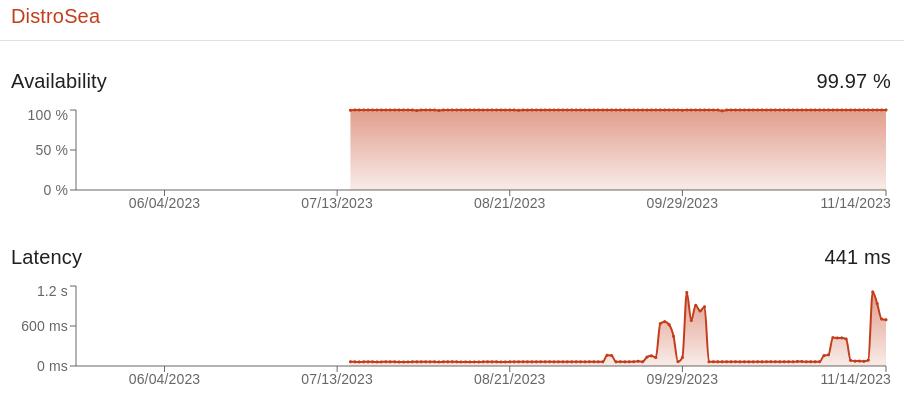
There are a few things you should be aware of when you spin up an image on DistroSea. The first is that you need to log in if you want to use the internet on these virtual machines. Logging in requires a Google account - anathema to privacy conscious Netizens.
We imagine this is because if you get up to any no-good, immoral, or outright illegal highjinks, the person with the Google account is on the hook rather than the site owners.
The second thing is latency. It's not bad, but it's definitely there - especially when the service is busy.
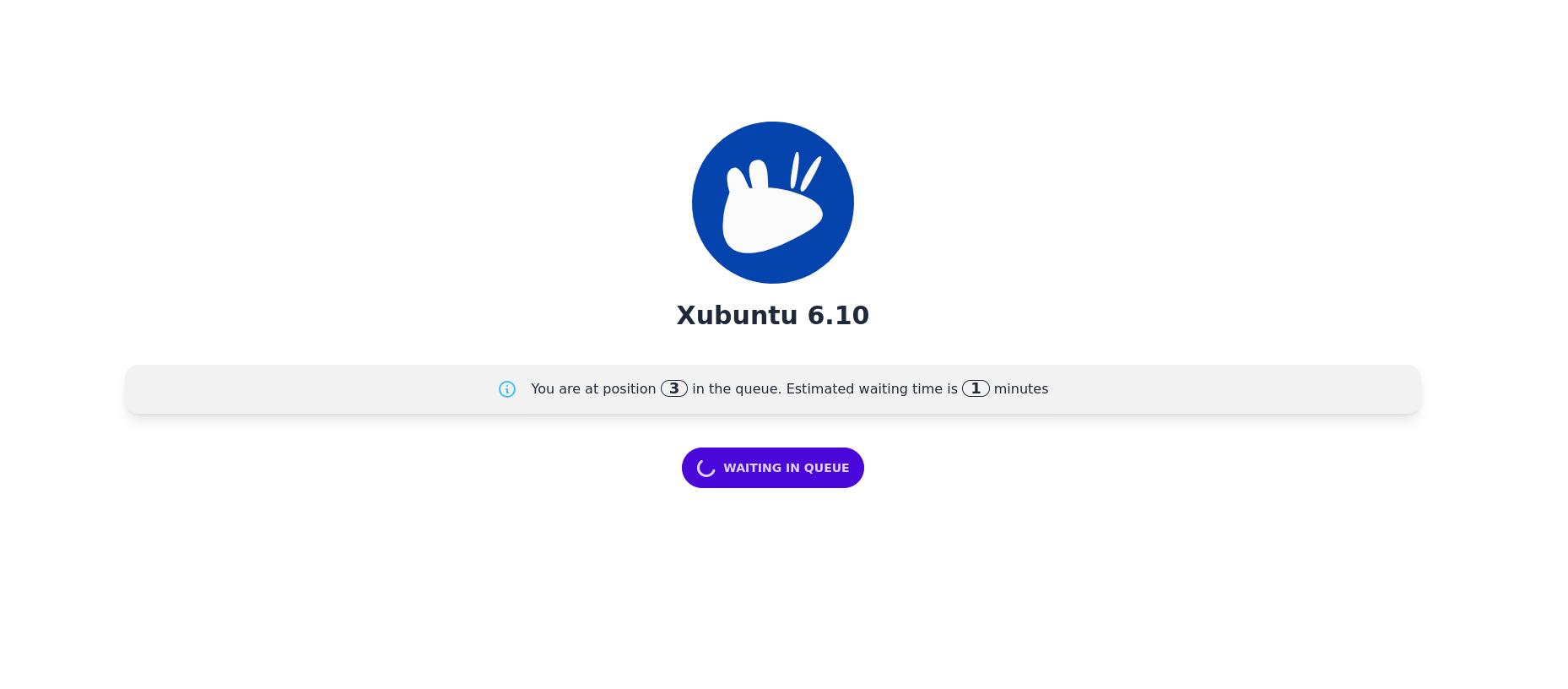
The third thing is the wait times. DistroSea is run on limited resources, and after clicking start, you'll be placed in a queue until there's an available slot. As far as we could ascertain from running top in the Ubuntu terminal, there are up to eight users per machine.
Don't think about switching to another tab while you wait though. If you're more than (we'd guess) a minute AFK, you'll lose your place and the session will close.
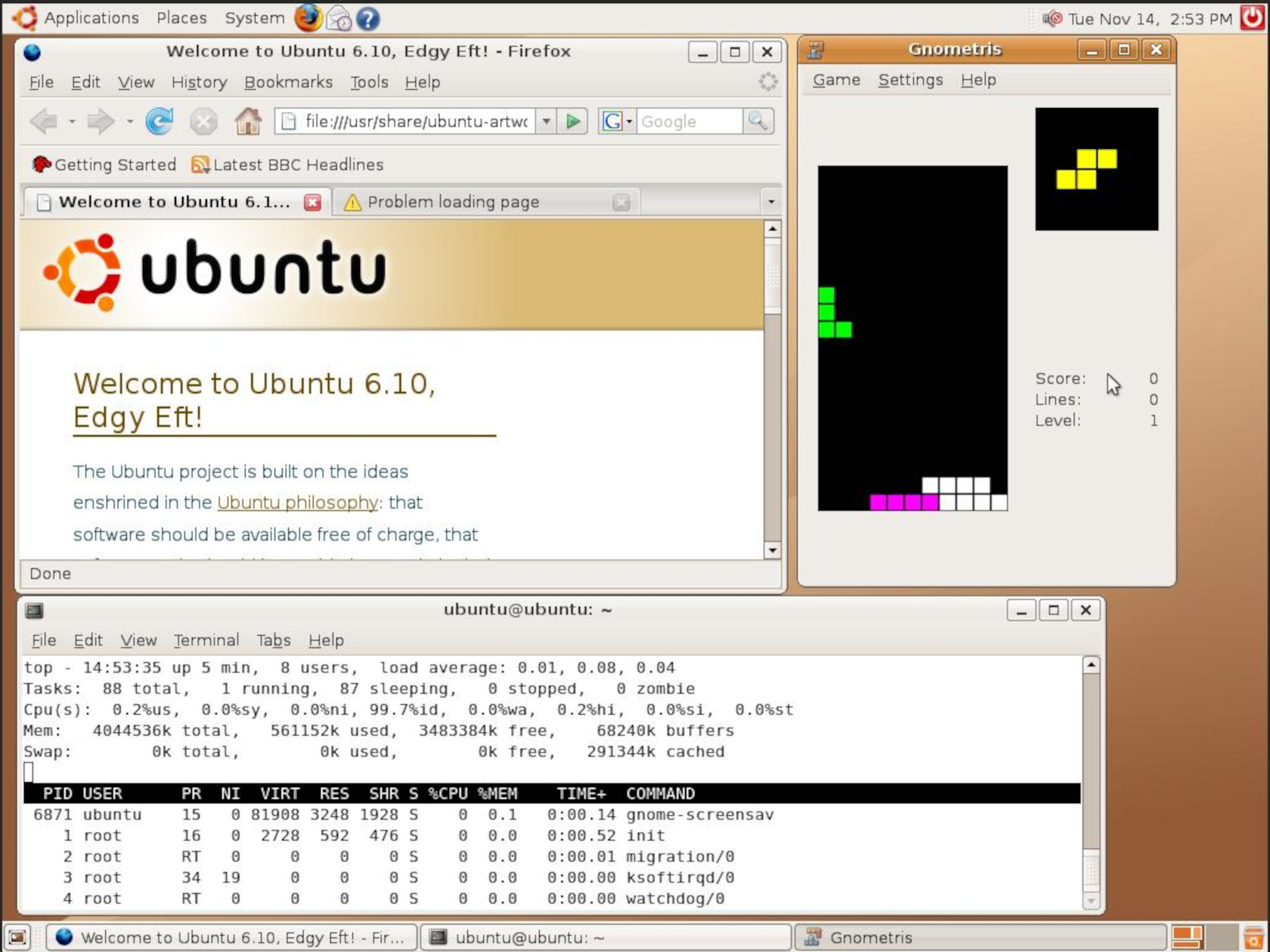
Edgy Eft was fun and kind of put things in perspective for the early Ubuntu landscape. In October 2006 when it was first released, the flagship Microsoft OS was Windows XP. In looks, usability, and customisation options alone, Ubuntu dominated utterly, and its superiority would only become more obvious with the release of Windows Vista the next month. MacOS meanwhile was on its "Tiger" release - all brushed metal and big icons.
Our next stop on the nostaligia cruise was Ubuntu 12.04 LTS (Precise Pangolin) for the sole reason that this writer bought and immediately voided the warranty on a spanky new Dell Chromebook just to run Precise Pangolin.
It was good despite some questionable design decisions, and is to our mind, the definitive Ubuntu release - although that could just be the way it looks through our rose-tinted glasses.
Discover buried Linux treasure

Spinning up old distros brings to mind the best and worst of Linux has going for it, and the parts that fall into both camps.
The fact that there are just so very many distros and so many ways of doing things points to what naysayers would call fragmention. And while that's sort-of technically true, it misses the point that open-source software allows you to do whatever you want to it, rebrand, and re-release. It's evolution, and the people who take part are passionate about it - which is a good thing.
The kind of release schedule you get with Ubuntu - and Linux in general is fantastic too, and we get to try new things more often than users of other operating systems.
Ubuntu is clearly the oldest distro available on DistroSea, but for a taste of not-quite-so-distant-past, it's also worth taking a sly gander at Slackware 14.0, which was released in September 2012, making it a mere month younger than the venerable and much maligned Windows 8.
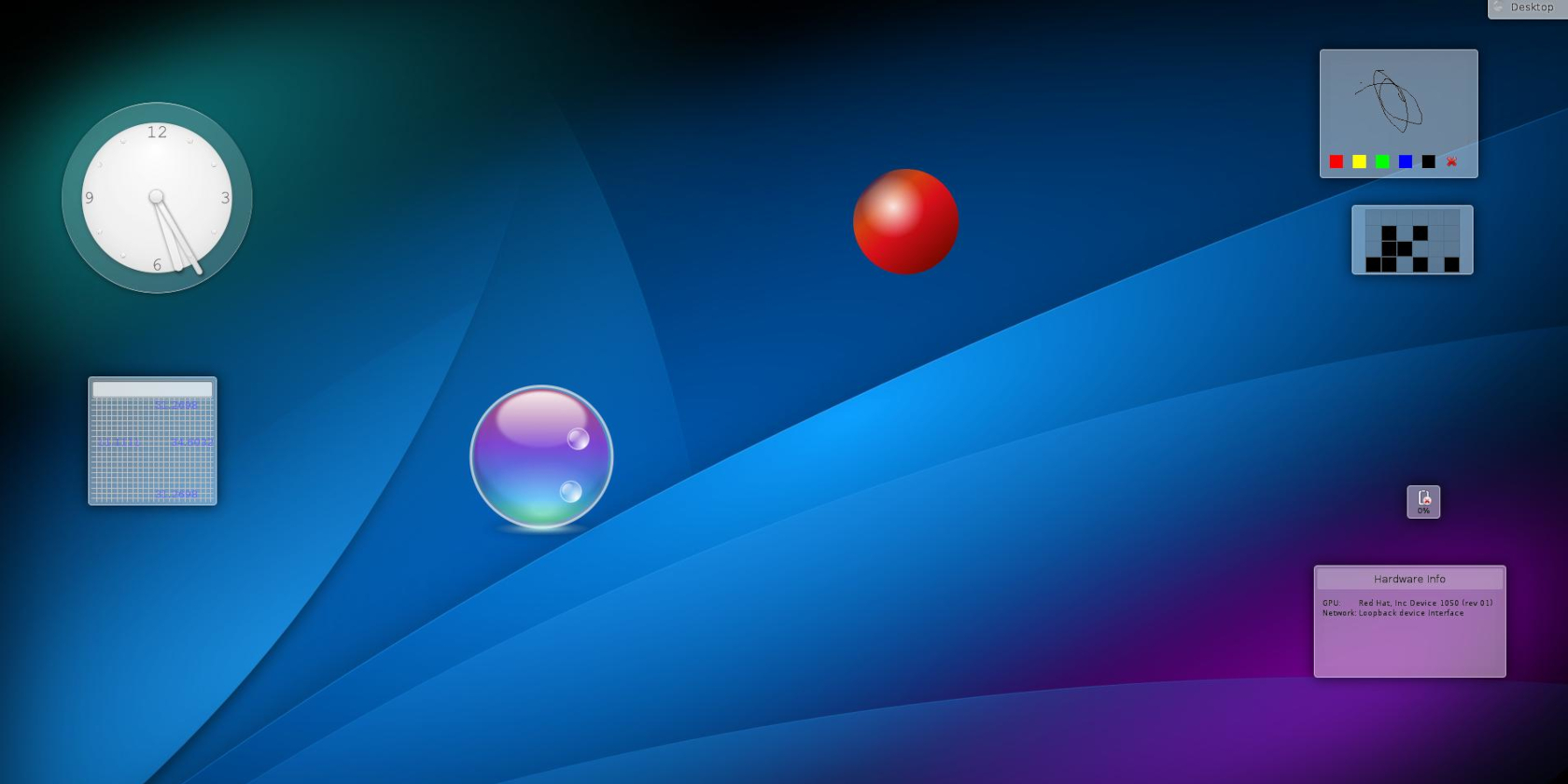
As firm window manager enthusiasts, we'd forgotten all about KDE widgets, but DistroSea gave us a chance to play with desktop customisation via dragging widgets again. Fun times.
Once you've reconciled your reminiscences, take a minute to use DistroSea as it was meant to be used: as a way to try out your next distro
Indulge your curiosity with other distros like Big Linux (it isn't actually that big) See how the other half lives for an hour. Don't like systemd? try Devuan? Hate your boring, reliable Debian install, activate Arch for an afternoon.
Will DistroSea sink or swim?
DistroSea has been around for a few months now, but there's no guarantee it will be there forever.
The developer and owner is active on Reddit, but is busy with work and other commitments, DistroSea appears to be a hobby project, but the resources it consumes are not trivial. We haven't been able to find a funding model, and we can only hope it doesn't disappear beneath the waves like its spiritual predecessor, DistroTest.






